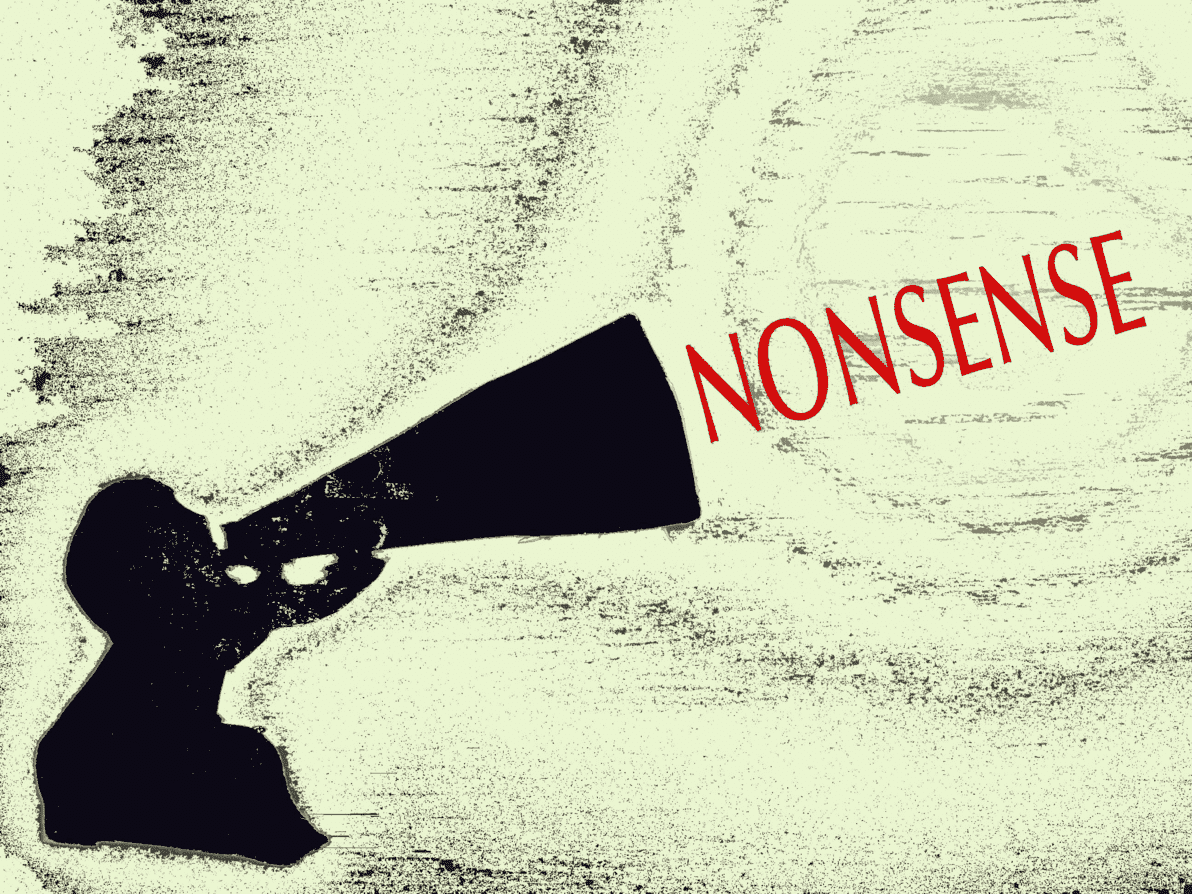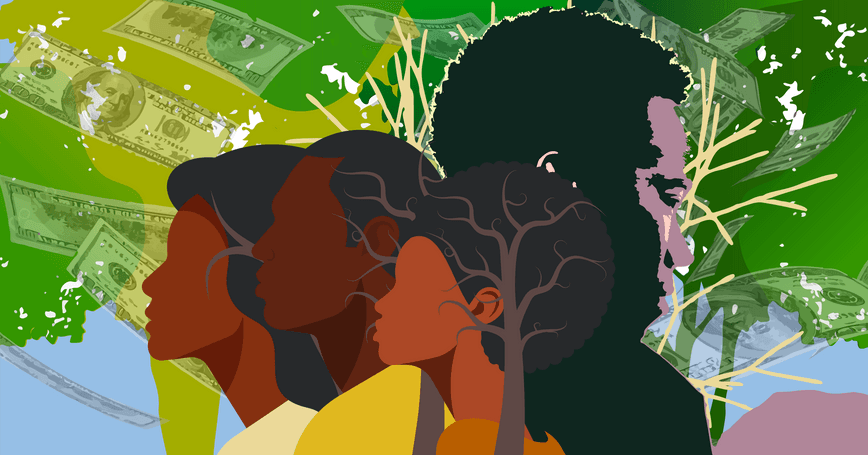The Internet of Bullshit
The Internet of Bullshit: When Potential Meets Pitfall
The Internet of Bullshit: When Potential Meets Pitfall
In the late 20th century, the dawn of the internet promised a brave new world of global communication, endless information, and unprecedented connection. It was the modern agora, a place where voices from all over the world could come together in harmony and dialogue. But as we moved into the digital age, this utopian vision seems to have been traded for a more chaotic reality. Welcome to the "Internet of Bullshit."
1. The Rise of Misinformation
The democratization of information was supposed to enlighten the masses. Instead, it's given rise to a tidal wave of misinformation. Falsehoods, once debunked, can gain traction and be revived again and again. Conspiracy theories, once confined to obscure corners, now dominate mainstream discourse. Platforms meant for knowledge sharing, like YouTube and Facebook, have unwittingly (or sometimes wittingly) become amplifiers of false narratives.
2. Clickbait and the Decline of Quality Content
In the early days, content was produced for the love of creation or to share knowledge. But as monetization became the primary focus, quality took a backseat. Headlines became more sensational, articles became shorter and more superficial, and everything became about "the click." We traded depth for breadth, substance for flash.
3. The Echo Chamber Effect
The internet was supposed to open us up to diverse viewpoints. Instead, algorithms have ensured that we're often trapped in echo chambers, continually having our beliefs reinforced. Rather than being exposed to a broad spectrum of ideas, many are ensnared in a cycle of confirmation bias.
4. Toxicity and the Devaluation of Dialogue
Online discussion platforms promised conversations that transcended borders. But these forums have often devolved into battlegrounds. Anonymity, while protecting users from potential backlash, has also shielded those spewing hate, prejudice, and toxicity.
5. The Commercialization of Personal Data
In the age of the internet, users are products. Our personal data, preferences, behaviors, and even our most intimate searches are commodities for sale. The utopian dream didn't account for an era where privacy would become a luxury.
6. Potential Unrealized: The Wasted Promise
Consider the educational potential the internet holds. While there are pockets of brilliance and platforms dedicated to learning, they are overshadowed by the rampant commercialism, entertainment, and, yes, the swathes of irrelevant content that contributes to the "Internet of Bullshit."
A Vision for the Future
It's not too late to change course. We must champion digital literacy, teaching generations how to discern fact from fiction. Platforms need to take responsibility, moving away from pure profit motives and understanding the societal role they play. As users, we must demand better, not just in terms of content but in respect for our data and our privacy.
In the end, the internet is only a tool, a reflection of humanity with all its brilliance and flaws. The vision of a connected, enlightened global community is still attainable, but it requires acknowledgment of the current pitfalls and collective action to realize the internet's potential over its current, often disheartening, reality.







.png)
.png)
Comments